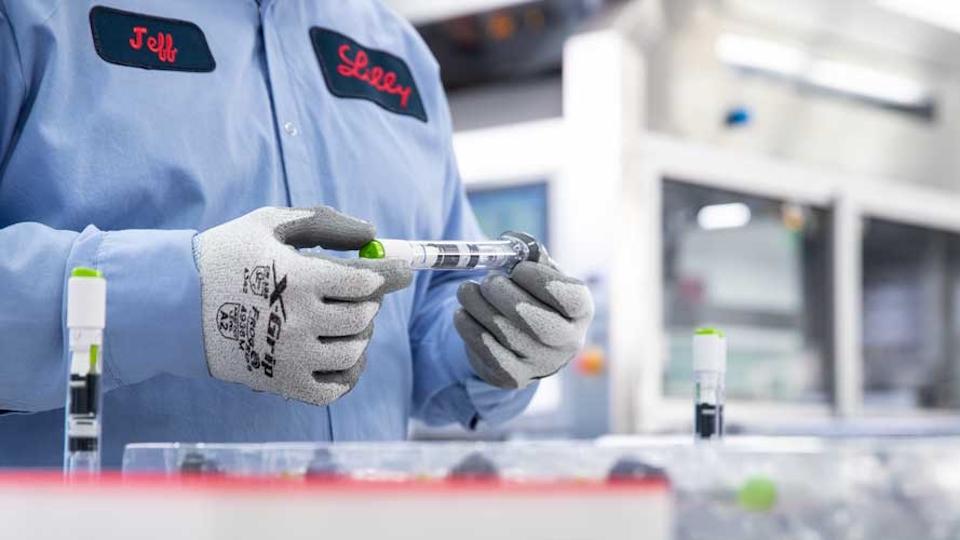Mounjaro and Zepbound shortages over, declares FDA

The US Food and Drug Administration (FDA) has declared an end to the shortage of tirzepatide, the active ingredient in Eli Lilly’s popular weight loss medication Zepbound and diabetes drug Mounjaro.
After months of high demand and supply constraints, this news marks a significant development for patients and healthcare providers who have faced limited access to the popular GLP-1 receptor agonist.
The shortage, which began in December 2022 for Mounjaro and extended to Zepbound in April 2023, led to a surge in demand for compounded versions of the drugs.
But with tirzepatide removed from the shortages list, production of these cheaper knock-off versions must now cease. Small compounding pharmacies are required to halt production immediately, while larger compounders operating under section 503B of the Food, Drug and Cosmetic Act have been granted a 60-day grace period.
This development has already impacted the market, with shares of Hims & Hers Health, a company offering compounded versions of GLP-1 treatments, falling 7% in premarket trading.
Eli Lilly attributes the resolution of the shortage to intensified efforts in production and distribution. The company also implemented stricter measures to curb unauthorised compounding, which had contributed to market disruptions and posed potential risks to patient safety.
The end of the shortage comes at a crucial time in the competitive landscape of GLP-1 therapies. While Eli Lilly’s products are now more readily available, Novo Nordisk’s semaglutide-based drugs, including Ozempic and Wegovy, remain on the FDA’s shortage list. Novo Nordisk recently indicated that the shortage of Ozempic is expected to continue through the end of the year.
Scott Brunner, CEO of the Alliance for Pharmacy Compounding, expressed cautious optimism about the announcement. “For Lilly, this is surely progress, but for many patients, at least in the near term, I’m not so sure,” he stated. Brunner raised the possibility that a surge in patients switching to FDA-approved versions could potentially lead to another shortage.
In anticipation of continued high demand, Eli Lilly has announced plans for a $4.5 billion investment in a new manufacturing site, the Lilly Medicine Foundry. This facility is expected to enhance the company’s capacity to meet rising demand and accelerate the development of new products.
“As we accelerate our work to discover new medicines for the toughest diseases, we’re continuing to invest in state-of-the-art infrastructure to support our growing pipeline,” said David A Ricks, Lilly’s chair and CEO. “In addition to supplying high-quality medicine for our clinical studies, this new complex will further strengthen our process development and scale up our manufacturing capabilities to speed delivery of next-generation medicines to patients around the world.”
The restoration of Mounjaro’s availability coincides with increasing competition in the GLP-1 space. Eli Lilly’s strategic moves to stabilise supply and invest in future capacity signal its intention to maintain a strong position in this rapidly evolving market.












